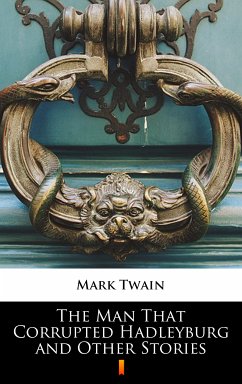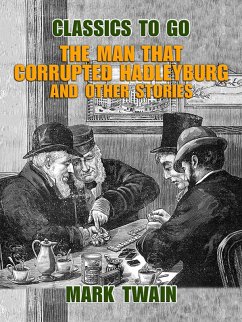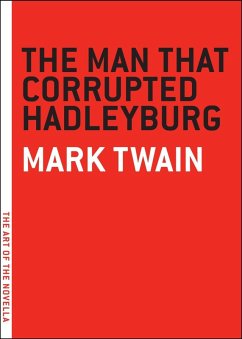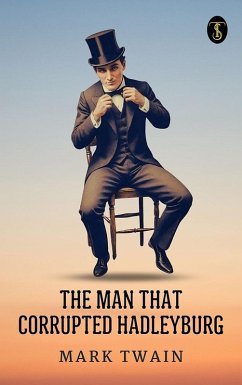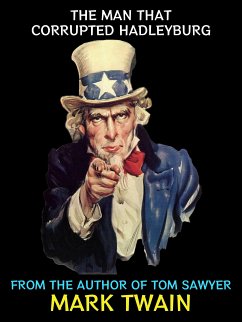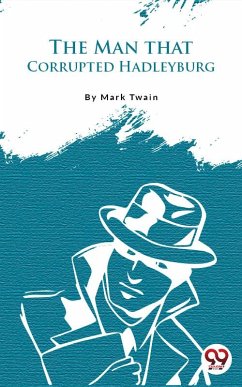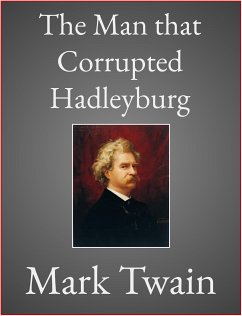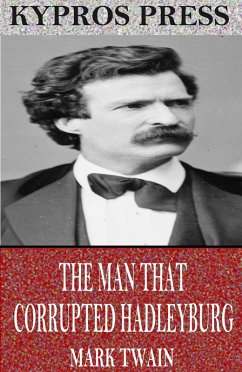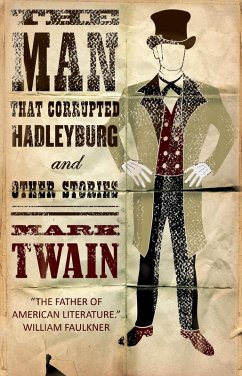
The Man That Corrupted Hadleyburg, and Other Stories (eBook, ePUB)
Humorous Satire on Morality and Greed in Small Town America
Versandkostenfrei!
Sofort per Download lieferbar
0,49 €
inkl. MwSt.
Weitere Ausgaben:

PAYBACK Punkte
0 °P sammeln!
In "The Man That Corrupted Hadleyburg, and Other Stories," Mark Twain masterfully weaves a collection of tales that delve into the complexities of human nature, morality, and the folly of self-righteousness. Renowned for his satirical wit and keen social observation, Twain employs a narrative style characterized by sharp dialogue and vivid characterizations. The stories, particularly the titular novella, unravel the hypocrisy of a town reputed for its integrity, showcasing Twain's incisive criticism of the societal constructs surrounding virtue and vice. The interplay of humor and moral questi...
In "The Man That Corrupted Hadleyburg, and Other Stories," Mark Twain masterfully weaves a collection of tales that delve into the complexities of human nature, morality, and the folly of self-righteousness. Renowned for his satirical wit and keen social observation, Twain employs a narrative style characterized by sharp dialogue and vivid characterizations. The stories, particularly the titular novella, unravel the hypocrisy of a town reputed for its integrity, showcasing Twain's incisive criticism of the societal constructs surrounding virtue and vice. The interplay of humor and moral questioning indicative of Twain's literary context as a voice of 19th-century America resonates powerfully throughout this work, providing both entertainment and thoughtful reflection. Mark Twain, born Samuel Langhorne Clemens in 1835, emerged from a diverse background marked by personal and societal upheavals that informed his worldview. His experiences as a riverboat pilot, gold prospector, and journalist deeply influenced his keen observations of American life. The evolution of Twain's writing mirrors his own grappling with issues surrounding morality, hypocrisy, and the inherent nature of humanity, elements that are practically pulsating within this collection. Readers seeking a thought-provoking exploration of morality cloaked in humor and vivid storytelling will find "The Man That Corrupted Hadleyburg" an essential read. Twain'Äôs ability to engage with profound themes while remaining accessible makes this collection not only a standout work in American literature but also a timeless exploration of human behavior that continues to resonate with contemporary audiences.
Dieser Download kann aus rechtlichen Gründen nur mit Rechnungsadresse in A, B, BG, CY, CZ, D, DK, EW, E, FIN, F, GR, H, IRL, I, LT, L, LR, M, NL, PL, P, R, S, SLO, SK ausgeliefert werden.






